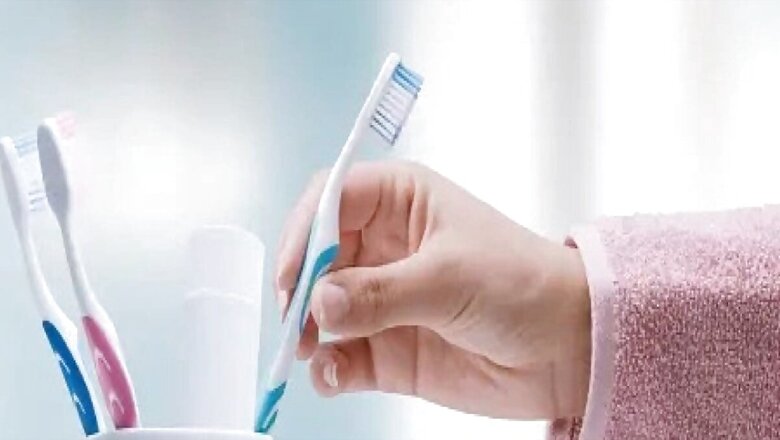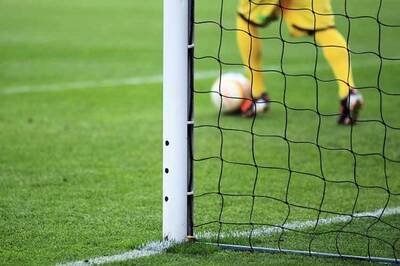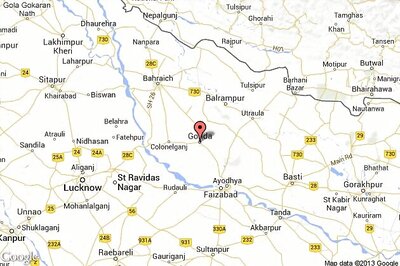
views
You may brush your teeth twice a day, but is your toothbrush doing more harm than good? While maintaining a brushing routine is crucial for dental hygiene, the state of your toothbrush plays an important role too. Ignoring the need to replace it, when necessary, could be sabotaging your efforts to keep your teeth and gums healthy. Not sure if it is time for a new one? Here are seven telltale signs that your toothbrush is ready for a replacement to ensure your oral health stays in top condition.
Frayed bristles
Take a close look at the bristles of your toothbrush. Are they still straight, or have they become frayed or bent? If your toothbrush looks worn out, it is time to replace it. Worn out bristles are no longer effective at cleaning plaque and bacteria from your teeth. Also, frayed bristles can be a sign that you are brushing too hard, which could be causing damage to your tooth enamel over time.
Recovering from any illness
If you have recently been under the weather, it is a good idea to buy a new toothbrush. Old toothbrushes can harbour bacteria and viruses from your illness, putting you at risk of reinfection or spreading germs within the household. Replacing your brush after you have been sick helps prevent further health issues.
Unpleasant odour
If you detect an unpleasant odour from your toothbrush, it might be due to the presence of mould or bacterial growth. This can lead to issues like tooth decay or gum disease, as these harmful microorganisms find a place to grow. It is a sign that your toothbrush is no longer safe to use.
Fuzzy teeth even after brushing
If your teeth still feel rough or fuzzy after brushing, it might indicate that your toothbrush is not doing its job. Worn-out bristles lose their ability to clean effectively, especially when it comes to removing plaque caused by sugary or sticky foods. This is a sign you need to switch out your toothbrush for better cleaning power.
Dirt or grime on toothbrush
When you inspect your toothbrush, check for any debris trapped at the base of the bristles. If you notice that dirt or grime will not wash off, it is time to replace the toothbrush.
In contact with another toothbrush
In shared spaces like family bathrooms, toothbrushes are often stored close together. If your toothbrush has touched someone else’s, there is a chance that bacteria has been transferred between them. For hygiene’s sake, it is best to replace your brush if it has come into contact with another person’s.
You don’t remember the last time you replaced it
Can’t recall the last time you bought a new toothbrush? It is probably overdue. Dentists recommend replacing your toothbrush every 2-3 months, or sooner if it looks worn out. Over time, bristles lose their ability to clean effectively and may even start falling out, so keeping track of when to replace it is key to maintaining good oral health.
In conclusion, regularly replacing your toothbrush is essential for maintaining good oral hygiene and preventing potential health risks. By paying attention to the signs, such as frayed bristles or lingering bacteria, you can ensure your teeth and gums stay healthy and clean.

















Comments
0 comment